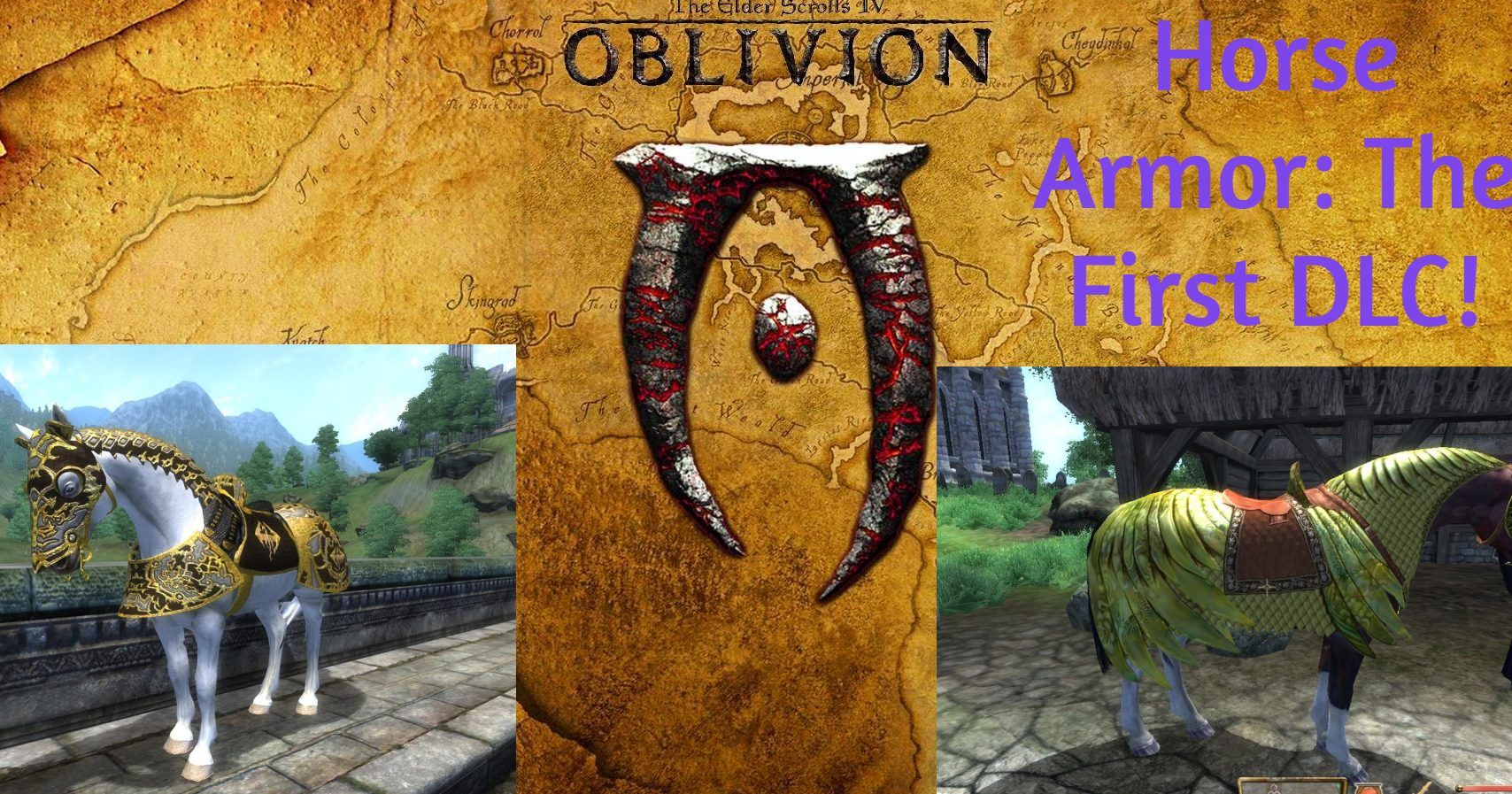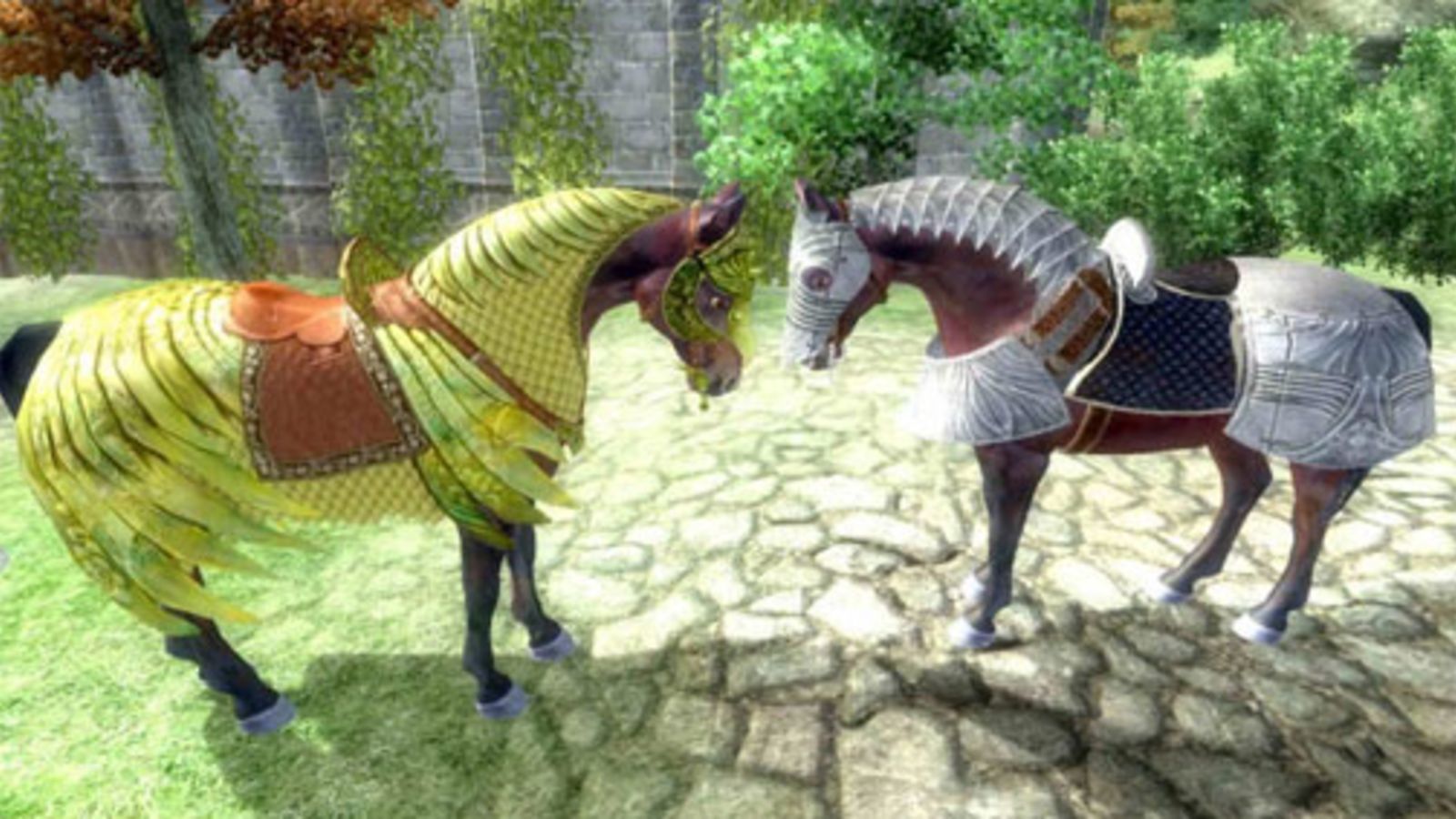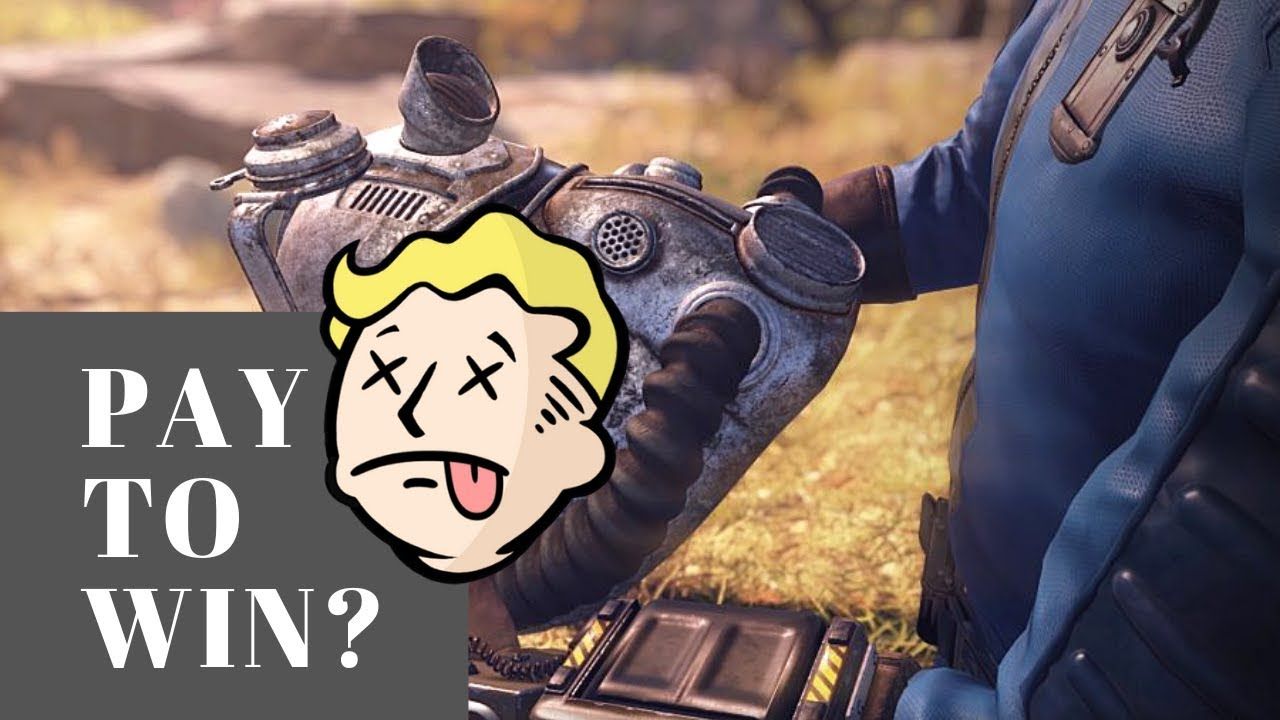In a recent interview with IGN’s Ryan McCaffrey, Todd Howard discussed several points relating to his longtime involvement with Bethesda, including the once-controversial inclusion of “Horse Armor” DLC for The Elder Scrolls IV: Oblivion.
Oblivion has gone down in history as one of the greatest open-world RPGs ever made and has a fiercely loyal and active modding community that continues to release updates and new add-ons thirteen years after the initial launch of the game. Oblivion is also known for being one of the first console game to feature paid microtransactions. Howard weighed in on the implementation and decision-making process at the time.
When the DLC was first released, fans bucked at the high-cost of $2.50 for a cosmetic item that no one else would see the single-player game. Initially, the DLC was priced at a lower point, but someone at Microsoft - Howard would not reveal who specifically - insisted that Bethesda need to charge more. So they did.
Today, cosmetic items in multiplayer games can easily start at $20 for a skin in Fortnite, or a Power Suit and paint job in Fallout 76. We have come a long way as consumers since that time, and sadly, it feels like Obvilion was the start of the slippery slope that we see today, where microtransactions range from the purely cosmetic, often meant to support a developer, to the predatory, through addictive loot boxes.
Still, upon reflection, Howard told IGN, “Horse armor is not bad. I think horse armor is fine. The price point, at the time, was the issue. We felt, it's probably worth this…It's a price-to-value proposition at the time, not, 'Do I want armor for my horse.' And looking back now, it's quite cheap.”
As is often the case, the comments are revealed at the same time as another backlash is occurring with regards to Fallout 76 and the microtransaction option for repair kits, which can be used to repair an item to its maximum durability anywhere in the world. The problem is twofold. First, these repair kits are the first microtransaction in Fallout 76 that are not purely cosmetic. Second, some argue that they provide a paid advantage to players who use them.
Pay-to-win is a phrase that no company wants to be accused of by its players, but again, Howard defended the practice, stating, “We believed the repair kits were a convenience item for people who didn't want to grind for adhesive and other things, and it was just a way for them to basically shortcut game systems.”
In the strictest sense of the word, it may not be pay-to-win because players do not compete outside of player-vs-player areas. However, providing a shortcut to avoid grinding in a game that is all about exploration and grinding feels, well, counter-intuitive.
Love it or hate it, microtransactions are a firm part of games these days. As always, voting with one’s wallet is the only vote that counts.



